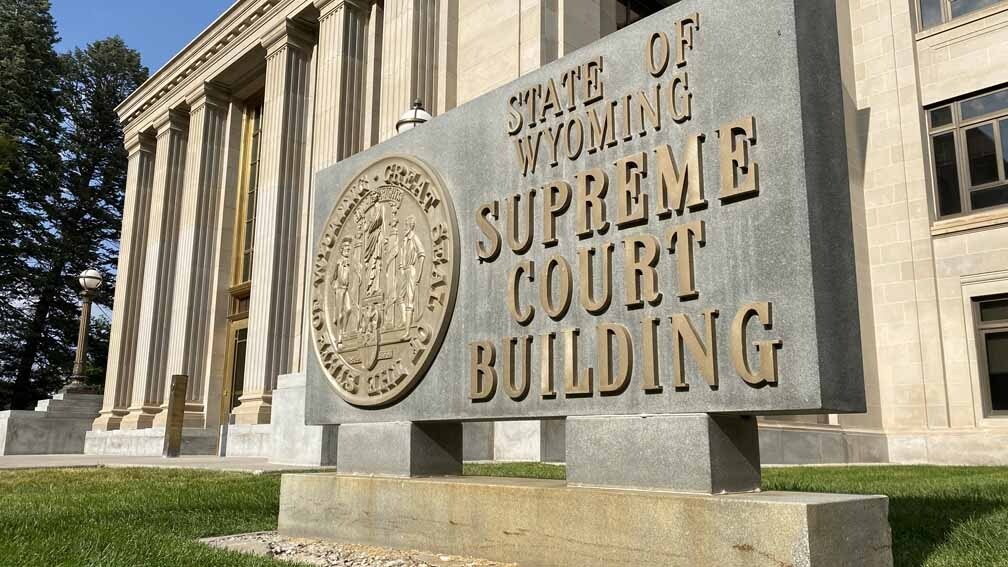A man convicted of killing his brother lost his appeal to the Wyoming Supreme Court on Wednesday as justices agreed statements he made to arresting officers and to investigators should not be suppressed.
The unanimous court upheld the conviction of Maxwell Schwartz, who was convicted of second-degree murder and aggravated assault in the death of his brother Joseph in Douglas in October 2018.
According to the ruling written by Justice Kate Fox, Schwartz was arrested after police officers were called to a home in response to a shooting. There, they found the body of Joseph Schwartz on the floor of the home’s kitchen.
Maxwell Schwartz was also in the kitchen and police asked him if he had shot his brother and he responded that his brother had shot himself.
Schwartz was then taken to a hospital because officers were concerned about his well being. After he was released and taken to the Converse County Jail, he was advised of his rights not to speak to officers.
The ruling said Schwartz at first refused to speak to officers, but later waived his rights not to speak and discussed the incident with agents from the state Division of Criminal Investigation.
Schwartz asked the district court in his trial to keep the comments he made to arresting officers from being used as evidence in his trial, saying he had not been advised of his rights not to speak to officers at the time.
But the state district court ruled the officers in the arrest only asked questions necessary to make sure they were safe “because the scene was chaotic, the officers did not know who was in the house or where they were and Max was on the floor with a dead body.”
Such questions are allowed to ensure safety, the district court ruled.
The justices affirmed the district court’s decision, saying the questions were reasonable to assure public safety.
“The situation here developed very rapidly,” the ruling said. “In the three minutes it took (officers) to get from the station to the door of the house, the call evolved from an unspecified medical emergency, to a stabbing, to a shooting. When (officers) arrived, the scene was chaotic and (they) did not know what had happened, who was there, where the weapon was, or if there was continuing danger to the public or people in the home …”
Schwartz also asked the district court to suppress the statements he gave to DCI agents, saying he didn’t remember the interview because he was under the influence of methamphetamine, which meant his statements were not made voluntarily.
However, justices rejected the argument, saying recordings clearly showed that Schwartz was advised of his rights not to speak to officers twice.
“Intoxication, without more, does not render a statement involuntary,” the ruling said.





